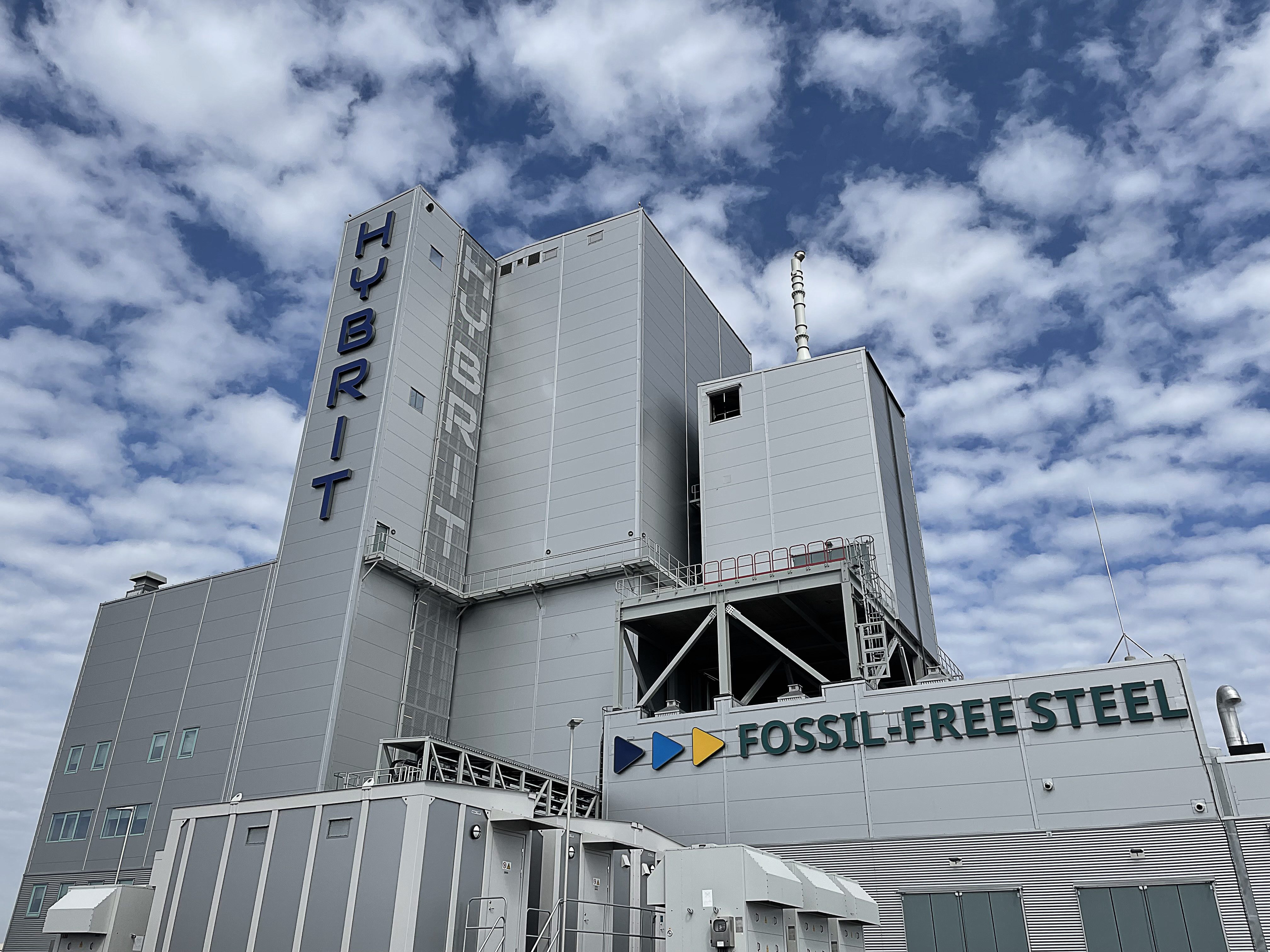It’s impossible to imagine today’s world – and the future – without steel. From the cars we drive to the buildings we live and work in, this invaluable alloy is everywhere. Unfortunately, however, traditional methods of steel manufacturing and recycling come with a heavy carbon footprint. With the climate crisis ever-heating up and calls for action mounting, the need for sustainable steel has never been so important.
That’s why Swedish steel company SSAB has been working hard to reinvent the processes of making and recycling steel to ensure it’s as free of fossil fuels as possible.
Their latest steel is SSAB ZeroTM, the world’s first zero-emission steel that’s produced without off-setting or volume allocation, while retaining all the desirable qualities of traditional steel.
SSAB Zero is made from recycled steel. It’s produced using only an electric arc furnace method that’s powered solely on fossil-free electricity, meaning the process adds zero carbon emissions to the planet’s atmosphere.
This technology has the potential to be a game changer for the US steel industry, where scrap-based production in arc furnaces accounts for 70 percent of steel production.
HYBRIT pilot plant in Luleå, Sweden where the world’s first fossil-free sponge iron was produced.
Image courtesy of SSAB.
The story of SSAB’s push for “green steel” began in 2016 when they started the development of SSAB Fossil-freeTM steel.
Steel is an alloy of iron and carbon, loved by engineers because it’s durable, adaptable, and strong. To make it, iron needs to be separated from oxygen and impurities while a small amount of carbon needs to be added.
Conventionally, this is an energy-intensive process that’s fundamentally remained unchanged for centuries: coal and coke are placed in a blast furnace and raised to very hot temperatures to remove oxygen from the iron ore.
Using what is called the HYBRIT® technology, SSAB pioneered a way to make this process significantly more friendly to the environment. It starts with iron ore pellets (sourced using fossil-free mining) and uses hydrogen instead of coal and coke in the ore reduction process, emitting water as a by-product instead of carbon dioxide.
By 2021, SSAB was able to use the HYBRIT® technology to deliver the world’s first fossil-free steel plates to a customer.
In 2023, the company set its sights on launching SSAB Zero, which looked to broaden its portfolio by offering a sustainable method to recycle steel.
SSAB Zero is described as a near-zero emission steel, but not a completely fossil-free process because the raw material is recycled steel that was originally produced with coal. The company aims to be totally transparent about that, as well as any remaining small carbon emissions that sneak into their work. They’ve even got a third-party verified carbon footprint to showcase that no corners are being cut.
In terms of production, the aim of the company is to make over 40,000 tonnes of SSAB Zero in 2023, scaling that up to around 100,000 tonnes in 2025. Large industrial companies have already signed delivery agreements for this steel at launch.
“We are proud to already today be able to strengthen our portfolio with SSAB Zero as we see increasing customer demand for steels with low emissions,” said Martin Lindqvist, SSAB’s president and CEO.
“By further enhancing steelmaking processes, we will provide a comprehensive offering with zero emissions while reducing the impact on the planet,” continued Lindqvist.
With both SSAB Zero and SSAB Fossil-free steel, the company is offering the potential to make sustainable steel from both iron ore and recycled steel without dumping tonnes of carbon emissions into our Earth’s atmosphere and heating up our planet.
For more information click here.
This article is an advert and includes sponsored material. Read our transparency policy for more information.
Source Link: The Drive For Fossil-Free Steel Is Looking To Revolutionize The Industry
